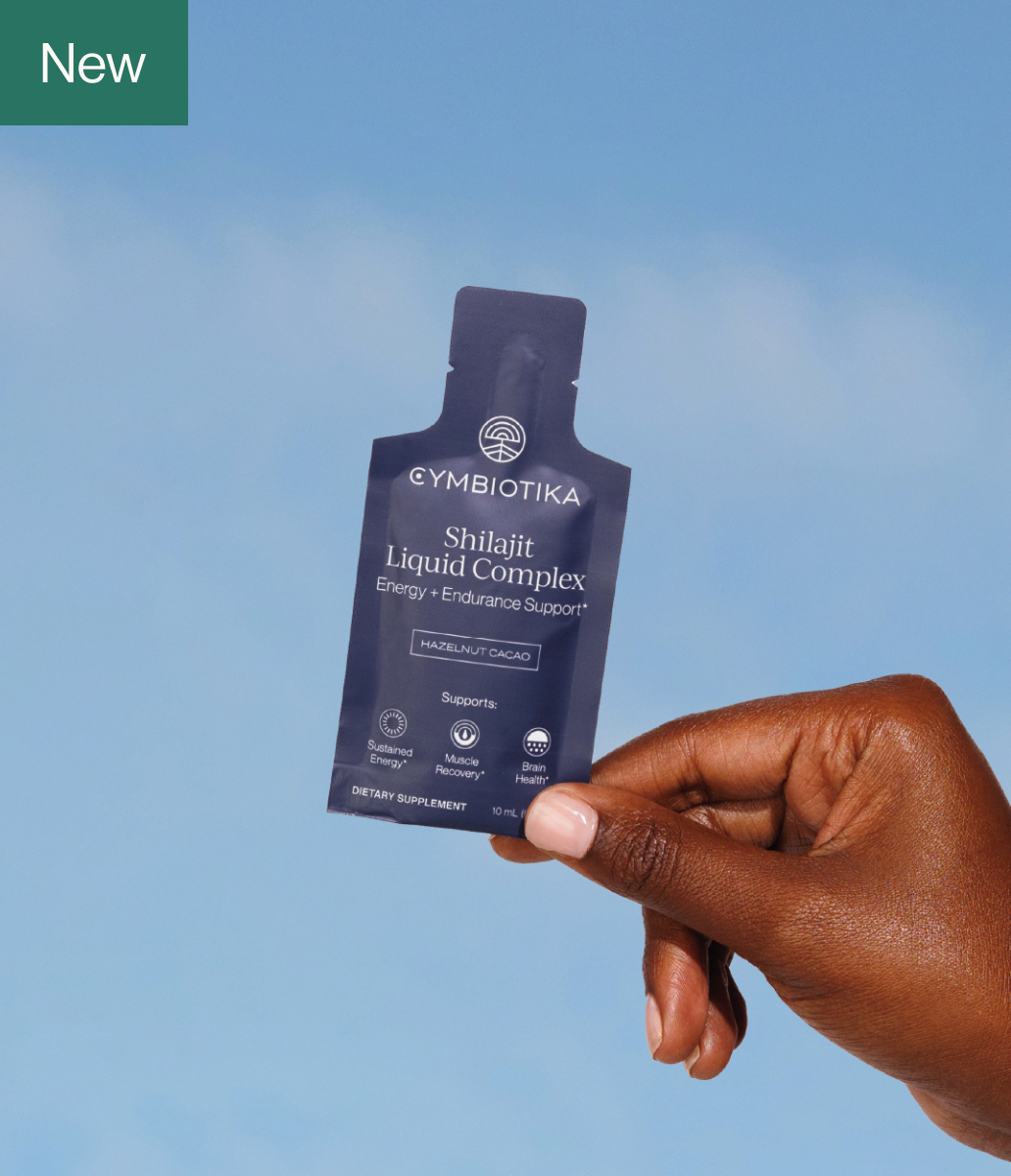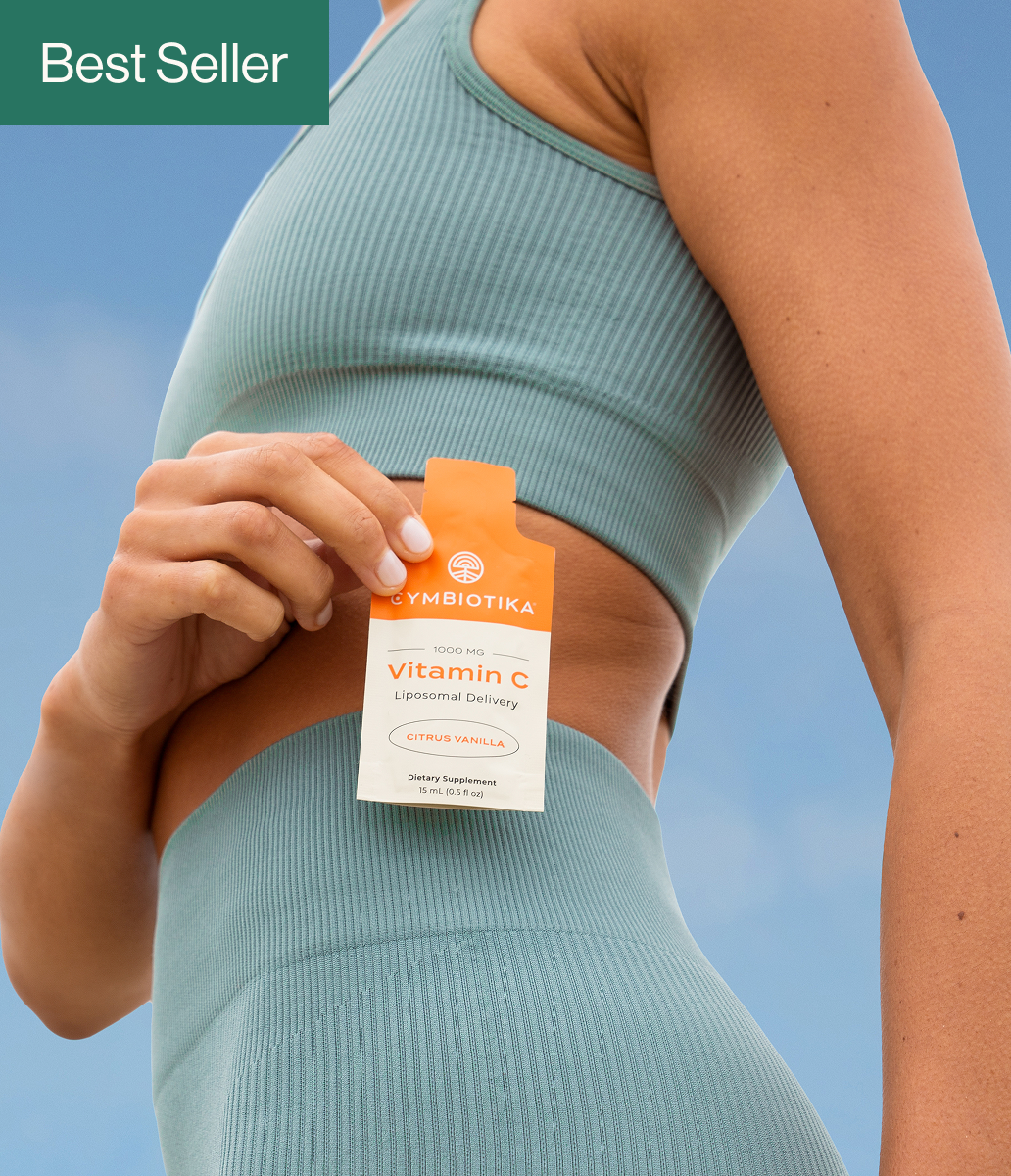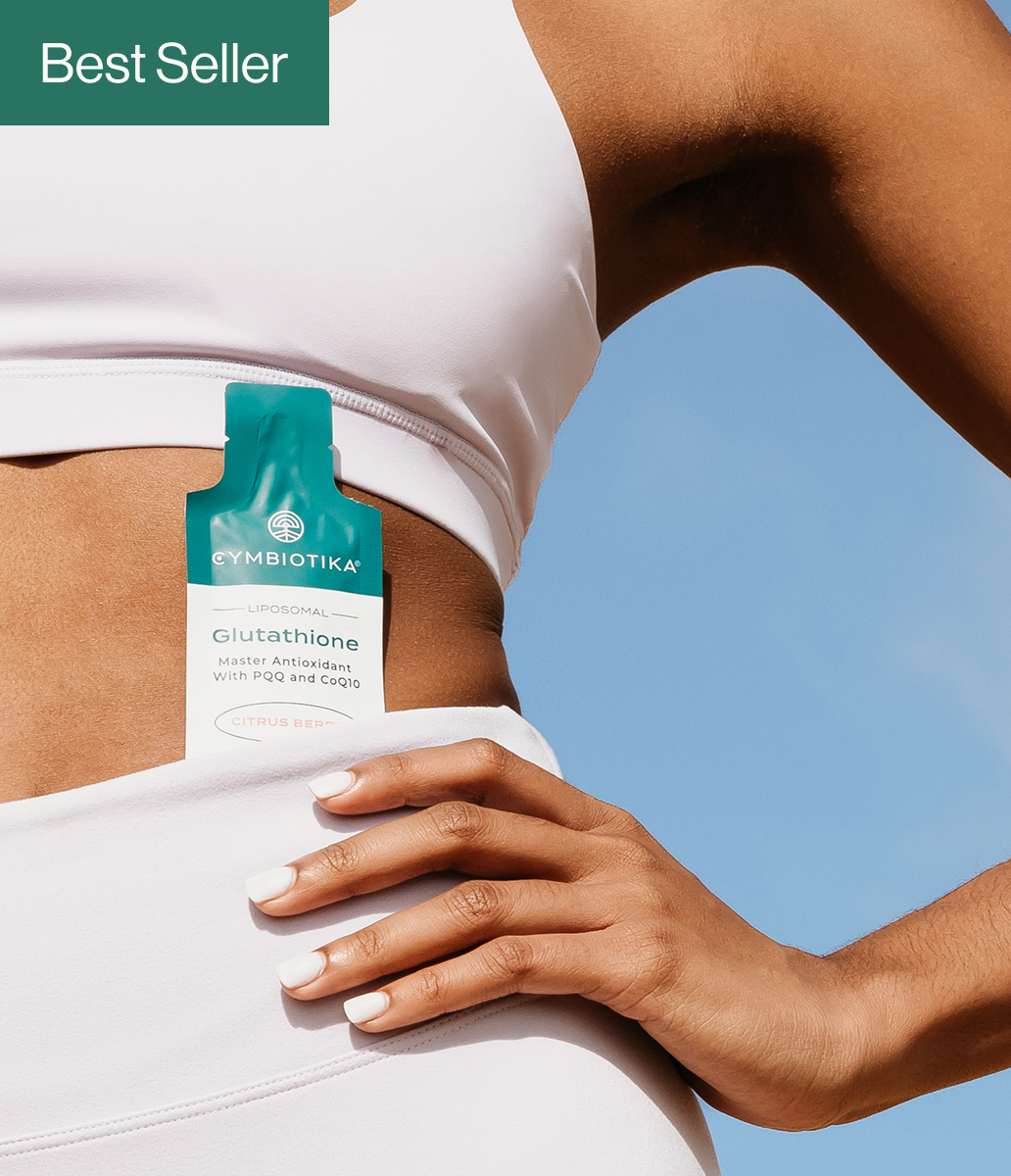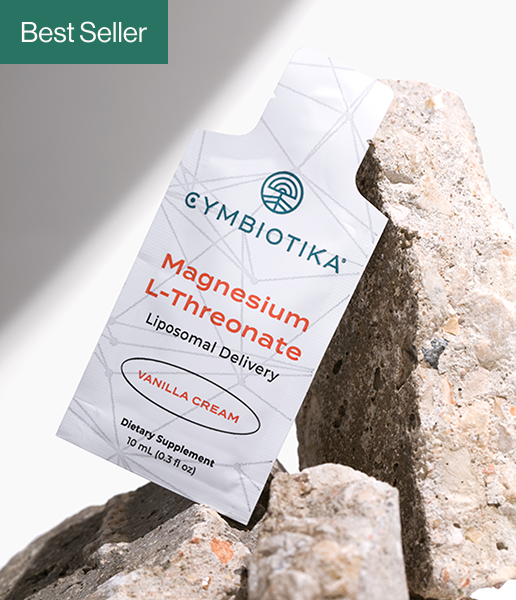
Are you thinking of adding more vitamin C to your daily routine?
Eating lots of foods high in vitamin C can be easy to incorporate in your diet. However, supplementation may be even more beneficial, especially if you suffer from a vitamin C deficiency. From helping you through cold and flu season to diminishing signs of aging, vitamin C supplements have numerous potential health benefits.
But when choosing a vitamin C dietary supplement, it’s important to remember that not all supplements are created equal. Beyond differences in origin and ingredient quality, some versions of this essential vitamin are more readily absorbed by the body.
In this short guide, we’ll discuss liposomal vitamin C liquid, a supplement with a chemical composition that mimics the structure of human cells to encourage the absorption of vitamin C. We’ll also go over the benefits of liposomal vitamin C for your skin, immune system, and more!
Liposomal Supplements 101
What, exactly, is a liposome?
According to scientists writing for Nanoscale Research Letters, the technical definition is as follows:
Liposomes are small artificial vesicles of spherical shape that can be created from cholesterol and natural, non-toxic phospholipids. Because of their size and the hydrophobic and hydrophilic character (besides biocompatibility), liposomes are promising systems for drug delivery.
Not a chemistry major? No problem! In plain English, this means that liposomes are:
- Small, artificially engineered spheres
- Created from natural fats
- Great for delivering drugs and supplements to the body
Why is suspending vitamin C and other supplements in spheres of fat such an ideal way to deliver them?
It comes down to the structure of our digestive systems. Our stomach is full of churning acid that breaks down food particles. As food progresses further through the digestive tract, it encounters substances that break it down into component particles, including bile, gut microbiota, and so on.
Thanks to these chemical processes, we lose significant amounts of vitamin C through digestion.
- Studies show that, when consuming less than 180 mg of vitamin C per day, our bodies usually absorb anywhere from 70-90% (i.e., 126 mg to 162 mg).
- If you’re seeking to significantly boost your vitamin C levels, you may need to take more of your supplement than advertised.
- Above 1 g (1000 mg) per day, our absorption rate falls to under 50%.
In contrast, liposomes are tiny nanoparticles that can partially bypass the digestive system. Some of the liposomes’ contents can be absorbed directly through the mouths, while the lipid structure helps others survive stomach acid.
As a result, liquid liposomal vitamin C can significantly improve the bioavailability of vitamin C (the rate at which it’s absorbed by the body). In fact, its efficiency is close to the intravenous delivery of vitamin C in medical settings.
So how much vitamin C do you really need? Is it worth trying liposomal vitamin C?
Next, we’ll review your options for vitamin C supplementation.
Why Vitamin C Bioavailability Matters
If you know the ABCs of vitamins and nutrients, you know that vitamin C is essential for everything from repairing cellular damage to maintaining healthy skin. Yet, it can be difficult to get sufficient vitamin C in your diet, especially if you’re aiming for a high dose of this beneficial vitamin.
The recommended daily amount of vitamin C is 95 to 2,000 mg. If you hope to increase your vitamin C levels up to the higher end of the spectrum, you’ll need an efficient delivery mechanism.
Kinds of Vitamin C Supplements
How does liposomal vitamin C differ from other supplements? While all vitamin C supplements contain ascorbic acid (vitamin C), they use different technologies to deliver it into the bloodstream.
-
Pure ascorbic acid is available in powder and in capsules. It can be absorbed at rates of 70-90% (as discussed above). However, because this substance is an acid, it can also cause digestive symptoms including upset stomach and acid reflux.
- Calcium ascorbate contains ascorbic acid that has been bonded to calcium. It can be found in a powder, tablet, or pill. Once bonded to calcium, vitamin C is less harsh on the stomach than pure vitamin C. It can also be helpful for people who want to supplement their calcium intake.
By nature, this kind of supplement is less bioavailable than pure vitamin C since it must be broken down by digestive enzymes in order to become vitamin C.
- Mineral ascorbates – From zinc ascorbate to magnesium ascorbate and beyond, there are numerous other supplements that bind vitamin C to a mineral to make it more digestible. Like calcium ascorbate, they come in powders, capsules, and tablets that are less bioavailable than pure ascorbic acid.
As you can see, liquid liposomal vitamin C differs from all these supplements in meaningful ways.
-
Because it’s a liquid that suspends the acid inside a fat, liquid liposomal vitamin C is less harsh on the digestive system than pure acid.
-
Because liquid liposomal vitamin C’s particles mimic human cells, it’s more easily absorbed by the bloodstream.
- Overall, it’s more bioavailable.
Synthetic vs. Food-Derived Vitamin C
Beyond the delivery mechanism, there are other differences in vitamin C supplements.
- Some are sourced from artificial vitamin C, while others are derived from food. If you’re already avoiding artificial additives and GMO foods, you’ll likely prefer a naturally derived vitamin C supplement.
- If you eat organic, confirm that your naturally-derived vitamin C supplement is certified organic, GMO-free, and sustainably sourced.
- Check to make sure your supplements are free of other artificial or chemical ingredients that can have unwanted side effects.
- Determine whether a supplement is vegan, kosher, and vegetarian. Some vitamin C supplements use animal-derived gelatin to create their capsules.
Benefits of Vitamin C
How much vitamin C do you really need?
A severe vitamin C deficiency can result in a condition known as scurvy. Without sufficient vitamin C, your body is unable to synthesize collagen, which is essential to forming and repairing bodily tissue including skin, muscles, cartilage, and connective tissue.
As a result, the following symptoms may arise:
- Fatigue and mood changes (sadness, irritability, nervousness)
- Easy bruising and slow wound healing
- Bleeding gums
- Tooth loss
- The reopening of old wounds
- Skin issues
If your condition is not reversed, the open wounds may become infected. This is a good reason to ensure you’re absorbing lots of vitamin C!
Besides avoiding scurvy, consuming plenty of vitamin C can have numerous potential benefits for your appearance and health.
Next, we’ll take a closer look at vitamin C benefits.
Skin-enhancing Vitamin C
Vitamin C is essential to skin health for several reasons:
-
Role in collagen production – Our bodies need vitamin C to produce collagen, the elastic substance that makes skin plump and smooth. Collagen provides volume around the cheeks and prevents skin from forming wrinkles after repeated facial expressions. A lack of collagen is associated with sagging skin, signs of aging, and bumpy, uneven skin texture.
-
Antioxidant properties – Your favorite skincare products may already include antioxidant ingredients like green tea or pomegranate. Likewise, vitamin C is a powerful antioxidant that can help diminish the effects of oxidative stress (stress caused by UV rays, smoke, and other environmental toxins).
- While there are topical products containing vitamin C, there’s no substitute for adequate internal vitamin C to build healthy skin from the inside out.
If your skin appears dull or dry, ingesting more vitamin C could potentially help. And if you already have perfect, youthful-looking skin, vitamin C’s antioxidant properties may help it stay that way longer.
Vitamin C and Immunity
While there’s currently no known cure for the common cold, there are many people who swear by vitamin C for colds and minor illnesses of all kinds.
In fact, one study found that taking 200 mg of daily vitamin C could cut your chance of catching a cold in half.
How can this humble acid help?
- Vitamin C’s antioxidant properties are also thought to help the body combat cellular damage caused by invading pathogens.
- Because vitamin C plays a large role in tissue repair, it’s vital to the healthy functioning of immune system organs including the skin, lymph nodes, and white blood cells.
- It’s clear that vitamin C deficiency is associated with compromised immunity, and some studies show that vitamin C supplements can help combat respiratory infections.
Thanks to these potential immune-boosting properties, intravenous vitamin C is sometimes administered in clinical settings in order to help patients mount an immune system response.
While you can’t exactly take intravenous vitamin C at home, liposomal vitamin C is the next best method for optimum absorption. Also, consider adding coated silver into your diet to better protect you from airborne viruses and bacteria that you come into contact with on a daily basis.
How to Use Vitamin C Serum or a Vitamin C Supplement
Did your parents ever give you Emergen-C at the first sign of a sniffle?
While adding extra vitamin C to your routine could potentially help you combat a bout of bad skin or the onset of cold symptoms, vitamin C works best when taken regularly.
That way, your body always has the raw material it needs to synthesize healthy tissue, fight pathogens, and perform a host of other functions.
For best results, make vitamin C a part of your daily routine.
- Ingest dietary vitamin C in the form of citrus fruits, red peppers, and leafy greens.
-
Take liposomal vitamin C to uplevel your intake of this valuable nutrient and ensure proper absorption.
- Utilize a vitamin C serum on your skin as sun damage defense
Increase Your Vitamin C with Cymbiotika
Cymbiotika’s Synergy Liposomal Vitamin C is a vegan vitamin C supplement derived from organic tapioca. Our liposomal vitamin C recipe combines 1000 mg of bioavailable vitamin C with antioxidant vitamin E, collagen-boosting bamboo silica, and other beneficial ingredients.
These natural nutrients synergistically deliver vitamin C’s best potential skin-brightening and immune-boosting effects. In our opinion, these effects make it the best liposomal vitamin C supplement on the market. Flavored with organic lemon and orange peel, this liquid supplement is at once tasty and sugar-free, gluten-free, and soy-free.
It’s never been easier to reap all the benefits of vitamin C: order our unique formula today!
Sources:
Journal of the American Academy of Dermatology. Adult Scurvy. https://pubmed.ncbi.nlm.nih.gov/10570371/
The Mayo Clinic. Is it possible to take too much vitamin C? https://www.mayoclinic.org/healthy-lifestyle/nutrition-and-healthy-eating/expert-answers/benefits-vitamin-c/faq-20058271#:~:text=The%20link%20between%20vitamin%20C,after%20they%20received%20vitamin%20C.
Harvard Health Publishing. Can Vitamin C Prevent a Cold? https://www.health.harvard.edu/cold-and-flu/can-vitamin-c-prevent-a-cold
NIH. Vitamin C. https://ods.od.nih.gov/factsheets/VitaminC-HealthProfessional/#:~:text=Oral%20vitamin%20C%20produces%20tissue,in%20the%20urine%20%5B4%5D.
Chicago Tribune. The Best Vitamin C Supplement. https://www.chicagotribune.com/consumer-reviews/sns-bestreviews-wellness-the-best-vitamin-c-supplement-20191206-dvsgnlilxzcbnf5txht3cua25y-story.html
Nutrients. Vitamin C and Immune Function. https://pubmed.ncbi.nlm.nih.gov/29099763/




















